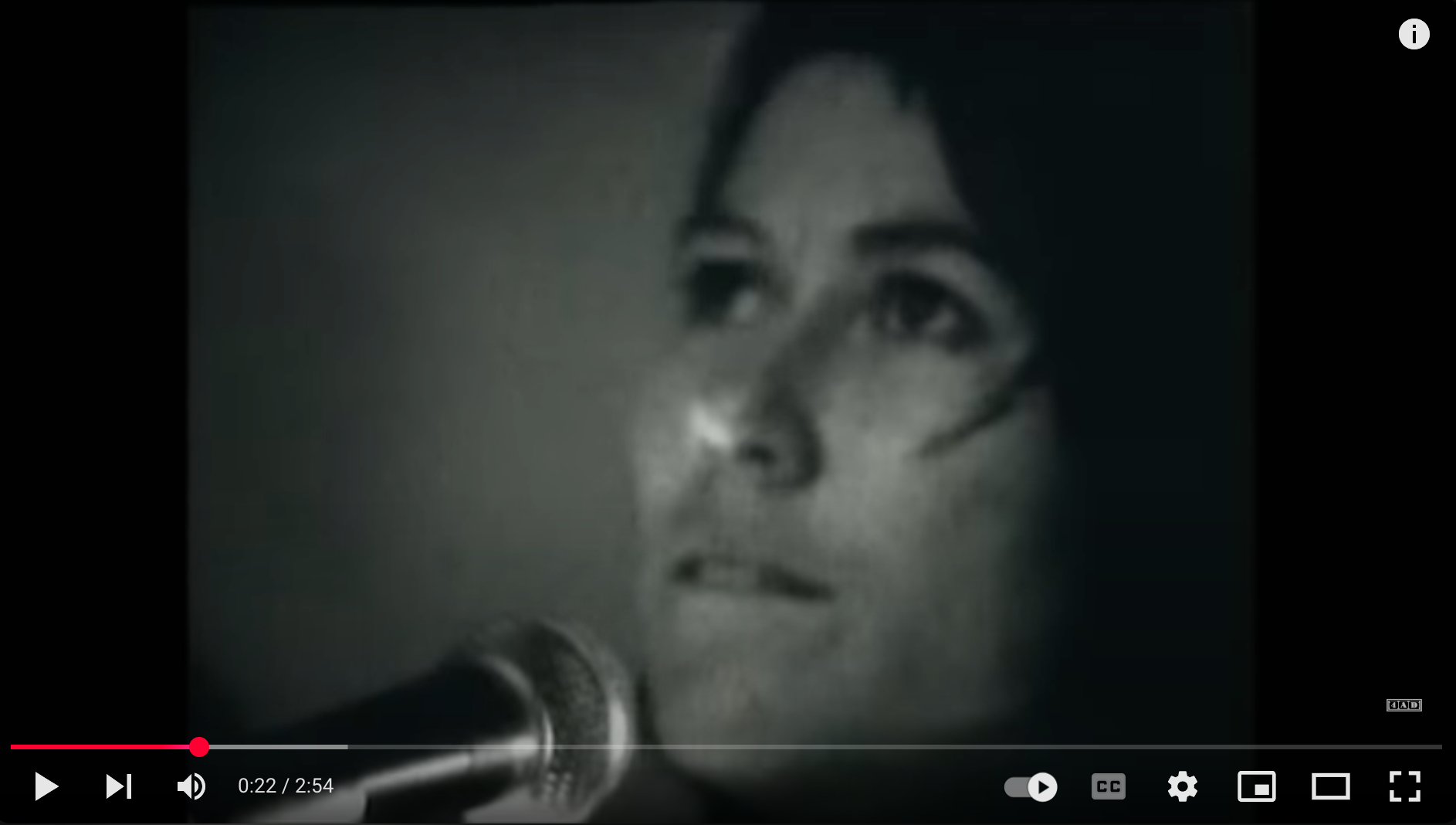
Listen to the song “Monkey Gone to Heaven” by the Pixies.
The following activities and questions are designed to help your students use their noticing skills to move through the poem and develop their thinking skills so they understand its meaning with confidence, using what they’ve noticed as evidence for their interpretations. Read more about the framework upon which these activities are based.
-
Warm-up: Read the definition of Anthropocene. (Teachers, if your students need more context, you might want to assign them to read the rest of the article the night before.) Work with a partner or small group and rewrite the definition in your own words. Share your writing with another pair/small group and rewrite it together. Share your rewrite with the class and come up with one final definition.
-
Before Reading the Poem: Listen to the song “Monkey Gone to Heaven” by the Pixies. What words/phrases stand out in the song? Why? What emotions does the song evoke? Why? Can you make any connections between the song and the definition of Anthropocene?
-
Reading the Poem: Silently read the poem “Anthropocene Blues” by Anne Waldman. What do you notice about the poem? Note any words or phrases that stand out to you or any questions you might have.
-
Listening to the Poem: Enlist two volunteers and listen as the poem is read aloud twice. Write down any additional words and phrases that stand out to you. You may enjoy this 2025 Dear Poet video of the poet reading the poem.
-
Small Group Discussion: Share what you noticed about the poem with a small group of students. How might the resources from the beginning of class connect to the poem? What might the title “Anthropocene Blues” mean? In your mind, what role do humans play in their environment? Why? What do you think about the way that the poem is written on the page?
-
Whole Class Discussion: What does the phrase “climate grief” mean to you? What does climate grief look and/or feel like? Why? How might this poem be a protest poem or a call to action?
-
Extension for Grades 7-8: What might your own climate grief or “Anthropocene Blues” poem look like? What might you want to include or write in your poem? Feel free to borrow a line from the poem and write your own. Share your poem with the class.
-
Extension for Grades 9-12: Continue learning more about climate change by reading the book The Anthropocene Reviewed by John Greene. Join with a partner or small group. Together, choose one essay to read and discuss. Then, create a fifteen to twenty-minute lesson in which you teach other students about your chosen essay, facilitate a short discussion, and give students a writing prompt based on your essay. Work with your teacher to set up a time for your presentation.
Climate change affects our world and the ability of ecosystems to adapt to rapid changes. Find resources from the World Wildlife Fund including presentations, packets, and curriculum on climate change, suitable for primary and secondary school students. Older students may enjoy watching Greta Thunberg’s speech at the UN Climate Change COP24 Conference.
Political poetry: poetry that is related to activism, protest, and social concern, or that is commenting on social, political, or current events.
